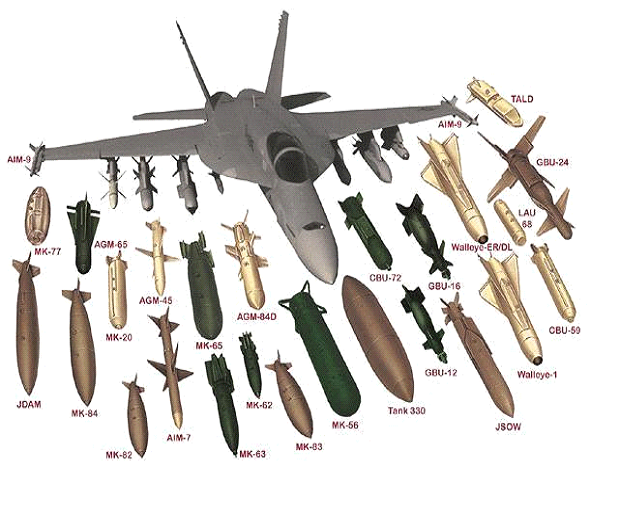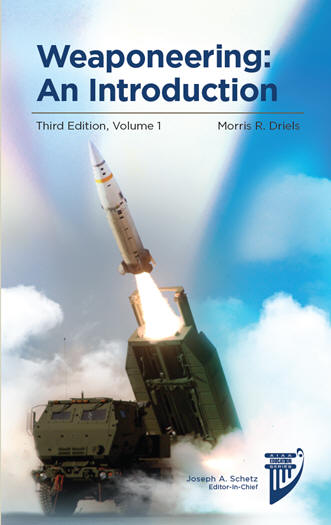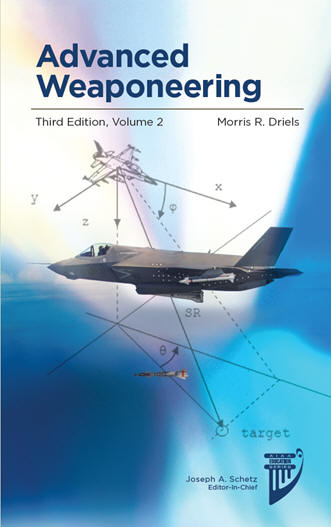
Welcome to the Weaponeering Website


Introduction
Weaponeering may be defined as the process of determining the quantity of a particular type of weapon required to achieve a specific level of target damage by considering the effects of target vulnerability, warhead damage mechanism, delivery errors, damage criterion and weapon reliability. Effective use of Weaponeering methodologies will produce the most efficient way to inflict the prescribed amount of damage to the intended target thereby reducing exposure of war fighters to enemy threats and minimizing collateral damage to non-combatant personnel and infrastructure.
Historically in the U.S. military, Weaponeering has been the purview of the Joint Technical Coordinating Group for Munitions Effectiveness - the JTCG/ME, whose charter is to be the sole U.S. DoD Agency for the standardization of methodologies and data allowing conventional weapon system performance to be evaluated and compared. The background to the formation and historical development of the JTCG/ME may be found by clicking the "JTCG/ME History" button on the left. The main product of the JTCG/ME is a software package known as the JTCG/ME Weaponeering System (JWS) which is used by all services to estimate the effects of their weapon systems against an extensive target list.

The subject of Weaponeering therefore involves the analysis of all conventional weapon systems on any target against which they may be employed. These weapon systems include air-launched unguided and guided bombs, missiles, rockets and guns. It also includes indirect fire surface-launched weapons such as artillery, mortars, guided and unguided rockets, and naval support gunfire as well as direct fire weapons such as small caliber guns, naval gun systems and tank rounds. Targets comprise personnel, ships, all land based military equipment, parked aircraft, and infrastructure elements such as bridges, underground bunkers and above-ground buildings.
About the Author
Morris Driels has been teaching Mechanical Engineering at Universities in the UK and USA since 1973. Currently he is Professor Emeritus of Mechanical Engineering at the U.S. Naval Postgraduate School (NPS) in Monterey, California where he has taught since 1989. Beginning in 1994 he has worked in a research capacity for the JTCG/ME on a variety of subjects related to their mission. Starting in 2000, he began to teach a one-quarter graduate level course in Weaponeering to NPS students from a variety of curricula. The purpose of the course is to explain some of the more fundamental methodologies used by the JTCG/ME in their Weaponeering products and tools, so that when such tools are used, the warfighter will understand the underlying assumptions and limitations that must accompany the results obtained.
In 2004 he published through the American Institute of Aeronautics and Astronautics (AIAA), what was considered to be the only comprehensive textbook on this subject, the first edition of "Weaponeering: Conventional Weapon System Effectiveness", with the substantially expanded second edition appearing in 2013, the third edition in 2020 and "Weaponeering for the Warfighter" in 2021. Since 2000 Professor Driels has also taught his Weaponeering class as a four day short course to military and civilian audiences in this country and overseas. Usually these courses are located at the customer's facility. Professor Driels retired in 2017 but has remained active in teaching introductory and advanced weaponeering short courses in the USA and overseas.


About this Site
The purpose of this site is to provide professionals involved in any aspect of conventional weapon design, modeling, employment, effectiveness assessment or acquisition, information on the academic discipline of Weaponeering, at least in the context of the JTCG/ME framework. It provides links to detailed description of the textbooks, the availability of upcoming short courses on the subject, and a set of useful links to related topics and organizations. Interested parties are welcome to contact Professor Driels at morrisdriels@gmail.com.
Disclaimer
Information presented on this site does not represent official U.S. Government, Department of Defense or U.S. Naval Postgraduate School policies or opinion.